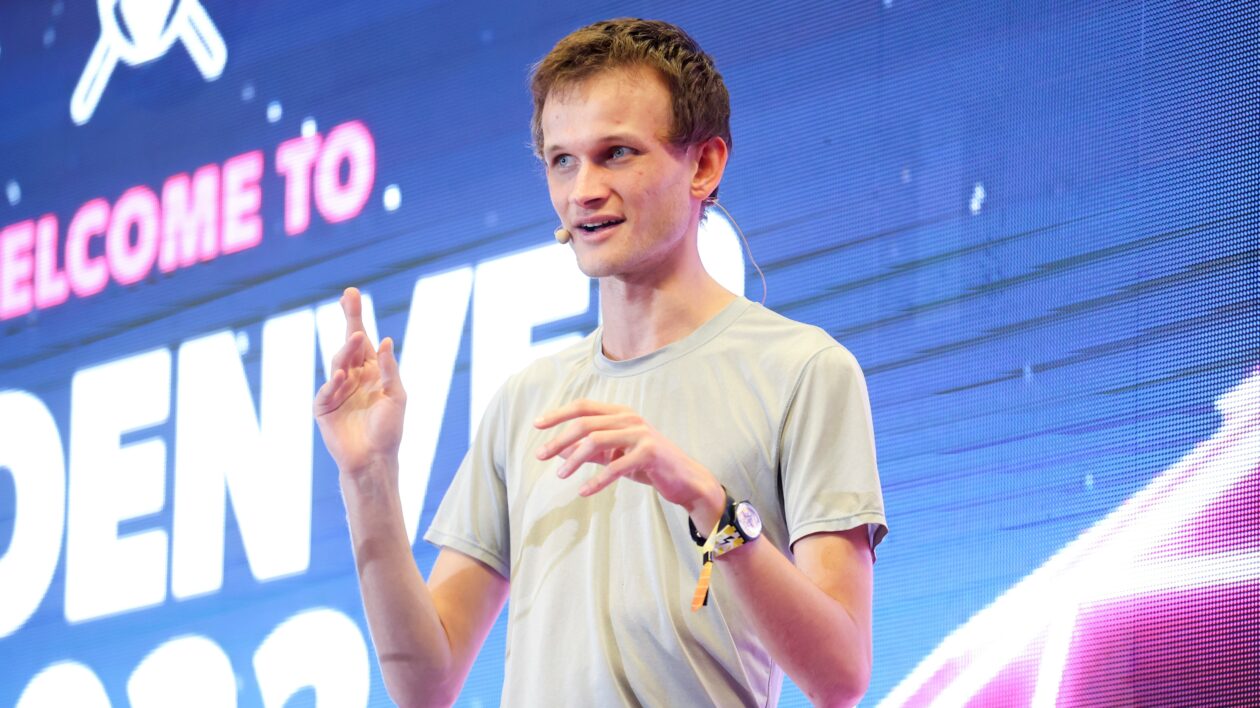Table of Contents
Vitalik Buterin is a Russian-Canadian programmer and writer best known as the co-founder of Ethereum, a decentralized platform for applications that run exactly as programmed without any chance of fraud, censorship, or third-party interference. He is also the founder of Bitcoin Magazine, a print and online publication that covers Bitcoin and other digital currencies.
Background
Vitalik Buterin was born in Kolomna, Russia in 1994. His parents, Dmitry and Natalia, were computer scientists who had immigrated to Canada in search of better opportunities. Buterin was exposed to computers and programming from a young age, and by the time he was six, he was already writing basic computer programs.
Buterin attended the University of Waterloo in Ontario, Canada, where he studied computer science and economics. During his time at the university, he became interested in Bitcoin and the blockchain technology that underpins it. He began writing for Bitcoin Magazine in 2012 for which he is a regular contributor still, and in 2013, he co-founded Ethereum with a team of developers.
Laying the foundation for Ethereum
Ethereum is a decentralized platform that runs smart contracts: applications that run exactly as programmed without any possibility of downtime, censorship, fraud, or third-party interference. Ethereum is powered by Ether, a cryptocurrency that can be used to pay for transaction fees and services on the Ethereum network.
The blockchain’s distributed ledger records all transactions that take place on the Ethereum network. It is powered by a global network of computers that run the Ethereum software.
The Ethereum blockchain is composed of blocks, which are bundles of data that contain information about transactions that have taken place on the network. Each block contains a cryptographic hash of the previous block, a timestamp, and transaction data. This data is stored in a distributed ledger, which is replicated across all nodes in the network.
The Ethereum blockchain was previously secured by a consensus mechanism called proof of work (PoW) and after The Merge is now secured by proof of stake.
In PoW-based systems, the creator of a new block (i.e., a miner) is chosen based on their ability to solve a computationally difficult problem. This involves performing a large number of calculations, which require a significant amount of energy to complete. The miner who is able to solve the problem first is rewarded with a certain number of units of the cryptocurrency, as well as any transaction fees that are included in the block.
In contrast, in PoS-based systems, the creator of a new block is chosen in a deterministic way, depending on the amount of cryptocurrency they hold, or “stake” in the system. This means that the more cryptocurrency a user holds, the more likely they are to be chosen to create a new block. When a user is selected to create a new block, they are also rewarded with a certain number of units of the cryptocurrency.
The Ethereum blockchain also supports smart contracts, which are self-executing contracts that are written in code and stored on the blockchain. Smart contracts allow users to create and execute agreements without the need for a third-party intermediary.
Finally, the Ethereum blockchain is also used to facilitate decentralized applications (dApps). These are applications that are built on top of the Ethereum blockchain and can be used to create decentralized markets, financial services, and other applications.
Other efforts and achievements
Buterin has been an active proponent of blockchain technology and cryptocurrency. He has spoken at numerous conferences and events and has written extensively on the subject. He has also been involved in a number of projects related to blockchain technology, including the development of the Lightning Network, a payment protocol that enables instant, low-cost transactions. He is also a member of the Ethereum Foundation, a non-profit organization that supports the development of Ethereum and related technologies.
Moreover, he has been recognized for his work in the blockchain space. In 2014, he was named one of the top 30 under 30 innovators by Forbes Magazine. He has also been awarded the Thiel Fellowship, a two-year grant given to young entrepreneurs who are working on innovative projects.
Vitalik Buterin is a strong believer in the potential of blockchain technology and cryptocurrency. He believes that it can be used to create a more equitable and transparent financial system, and that it can help to reduce poverty and inequality. He is also a strong advocate for decentralization, and believes that it can help to create a more secure and resilient internet.
